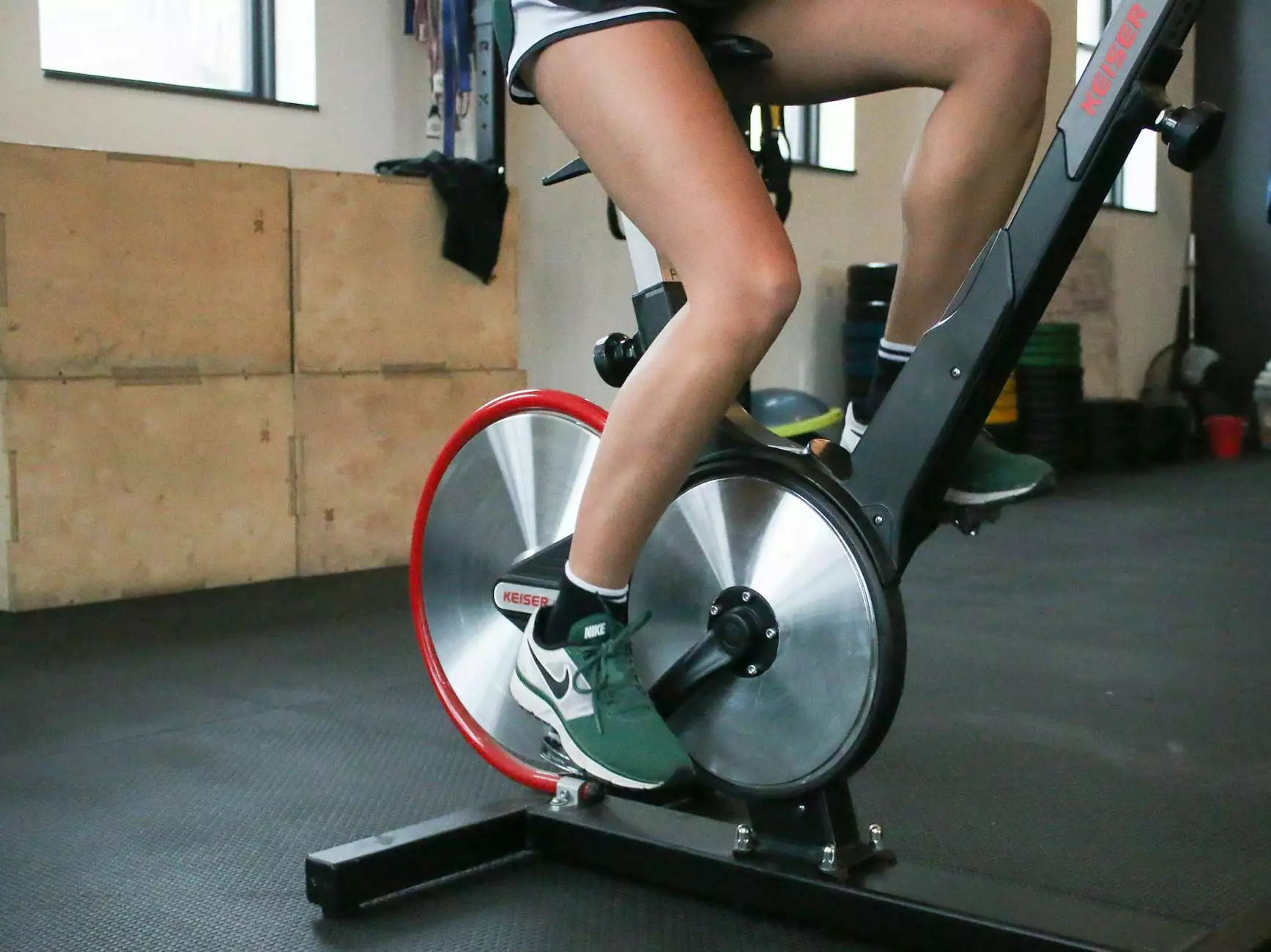Bubble vs Webflow: Key Differences Of Two Biggest No Code Platforms
SEO Tips
Introduction
In the rapidly evolving digital landscape, the need for user-friendly and efficient website development tools has become paramount. With the rise of no-code platforms, powerful solutions like Bubble and Webflow have garnered significant attention. As a leading SEO service provider in the Business and Consumer Services industry, Nashville TN SEO aims to shed light on the key differences between these two giants in the no-code realm.
Understanding Bubble
Bubble is a comprehensive no-code platform that empowers users to build web applications without any coding knowledge. It offers a visual interface and a powerful backend that allows for the creation of complex and scalable applications. With its drag-and-drop functionality, Bubble simplifies the process of creating responsive websites and dynamic web applications.
One of the fundamental strengths of Bubble is its extensive plugin and API integrations. This enables developers to leverage a wide array of tools and services seamlessly within their applications. Additionally, Bubble provides advanced database functionality, allowing users to create and manage complex data structures effortlessly.
Exploring Webflow
Webflow is another prominent player in the no-code space, offering a powerful visual development platform for building responsive websites. With its intuitive interface and flexible grid system, Webflow empowers designers to bring their visions to life without the need for coding knowledge.
Webflow boasts a comprehensive design toolset, enabling users to create pixel-perfect layouts and customize every aspect of their websites. Its responsive design capabilities help ensure optimum performance across various devices and screen sizes. Additionally, Webflow offers seamless integration with popular CMS platforms, allowing for easy content management.
The Key Differences
1. Flexibility and Customization
Bubble: Bubble allows for extensive customization and complex functionality through its powerful backend capabilities. It provides more flexibility in terms of database management and the ability to create and manage custom data workflows.
Webflow: While Webflow offers a wide range of design customization options, its focus is primarily on website building rather than complex web applications. It excels in providing responsive design capabilities and empowering designers to craft visually stunning websites.
2. Learning Curve and Ease of Use
Bubble: Bubble, with its visual interface, may have a steeper learning curve for beginners. However, once users become familiar with its functionality, they can rapidly prototype and develop powerful web applications without writing a single line of code.
Webflow: Webflow is renowned for its user-friendly interface and intuitive design tools. It offers a more straightforward learning curve, making it an ideal choice for designers and marketers looking to build visually appealing websites with ease.
3. Plugin and API Integrations
Bubble: Bubble provides a vast library of plugins and APIs, allowing users to seamlessly integrate with external services and expand the functionalities of their applications. This makes Bubble suitable for those who require extensive integrations and advanced functionalities.
Webflow: While Webflow offers integrations with select third-party services, its focus is primarily on providing a seamless website building experience. It excels in its native integrations with popular content management systems, streamlining the content creation and management process.
4. Pricing and Scalability
Bubble: Bubble offers flexible pricing plans depending on the level of functionality and scalability required. It provides a free tier for basic usage and paid plans for more extensive application development and higher user capacities.
Webflow: Webflow offers tiered pricing plans, catering to both individual designers and businesses. It allows for scaling website hosting and provides e-commerce functionality, making it an attractive choice for businesses looking to sell products online.
Conclusion
In summary, Bubble and Webflow are two of the most prominent no-code platforms available today, each with its unique strengths and focuses. Bubble excels in its backend capabilities and flexibility, making it a great choice for complex web application development. On the other hand, Webflow shines in its design customization and responsive web design features, making it an ideal option for visually stunning websites.
Ultimately, the choice between Bubble and Webflow depends on the specific requirements and goals of your project. As a renowned SEO service provider specialized in the Business and Consumer Services industry, Nashville TN SEO understands the importance of selecting the right tools to achieve optimal results for your online presence. Reach out to our expert team to learn more about how we can help your business succeed in the digital landscape.










